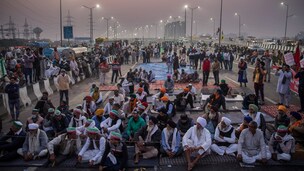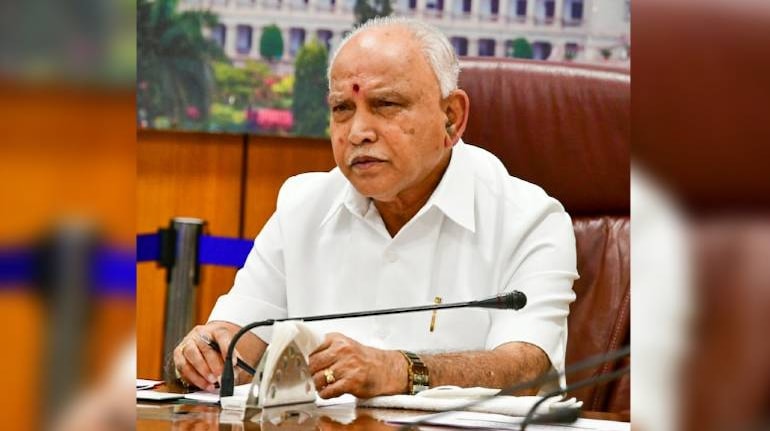New COVID-19 strain in UK: Karnataka imposes night curfew from December 23 till January 2
The night curfew has been done to prevent and contain the new coronavirus strain found in Britain.
December 23, 2020 / 02:11 PM IST
Karntaka CM BS Yediyurappa (Image: Twitter @BSYBJP)
The Karnataka government has imposed night curfew across the state from December 23 till January 2, 2021 over fears of a new strain of the coronavirus spreading in the United Kingdom, announced Chief Minister BS Yediyurappa.
The Chief Minister made the announcement following a meeting with Health Minister K Sudhakar, members of the state Technical Advisory Committee (TAC) for COVID-19 and senior officials.
Addressing reporters, he said, "In view of the new strain of the COVID-19 virus and as per the advice of the Government of India and Technical Advisory Committee, it is decided to impose night curfew from today till January 2, 2021 between 10 pm and 6 am."
"It will be applicable for the entire state.. I request all public to cooperate to prevent and contain the new COVID-19 strain," said BSY.
Earlier in the day, Sudhakar held a detailed discussion with the TAC members consisting of senior health experts in the state.
New COVID-19 strain in UK: A look at what Indian states are doing
This night curfew has been done to prevent and contain the new coronavirus strain found in Britain. The state is also monitoring international passengers arriving in the state, said Karnataka Health Minister Dr K Sudhakar.
During the night curfew between December 23 and January 2, no function or festive celebration is allowed to take place after 10 pm. The restriction applies to every kind of function, said Sudhakar when asked if Christmas celebrations would be allowed on December 25.
Follow our LIVE blog for the latest updates of the novel coronavirus pandemic
India has already suspended all passenger flights connecting to the UK from December 23 to December 31 in the wake of a new strain of the coronavirus spreading in Britain. Several other countries have already imposed a similar flight ban.
Follow our full coverage on COVID-19 here.
(With inputs from agencies)










_2020091018165303jzv.jpg)

























